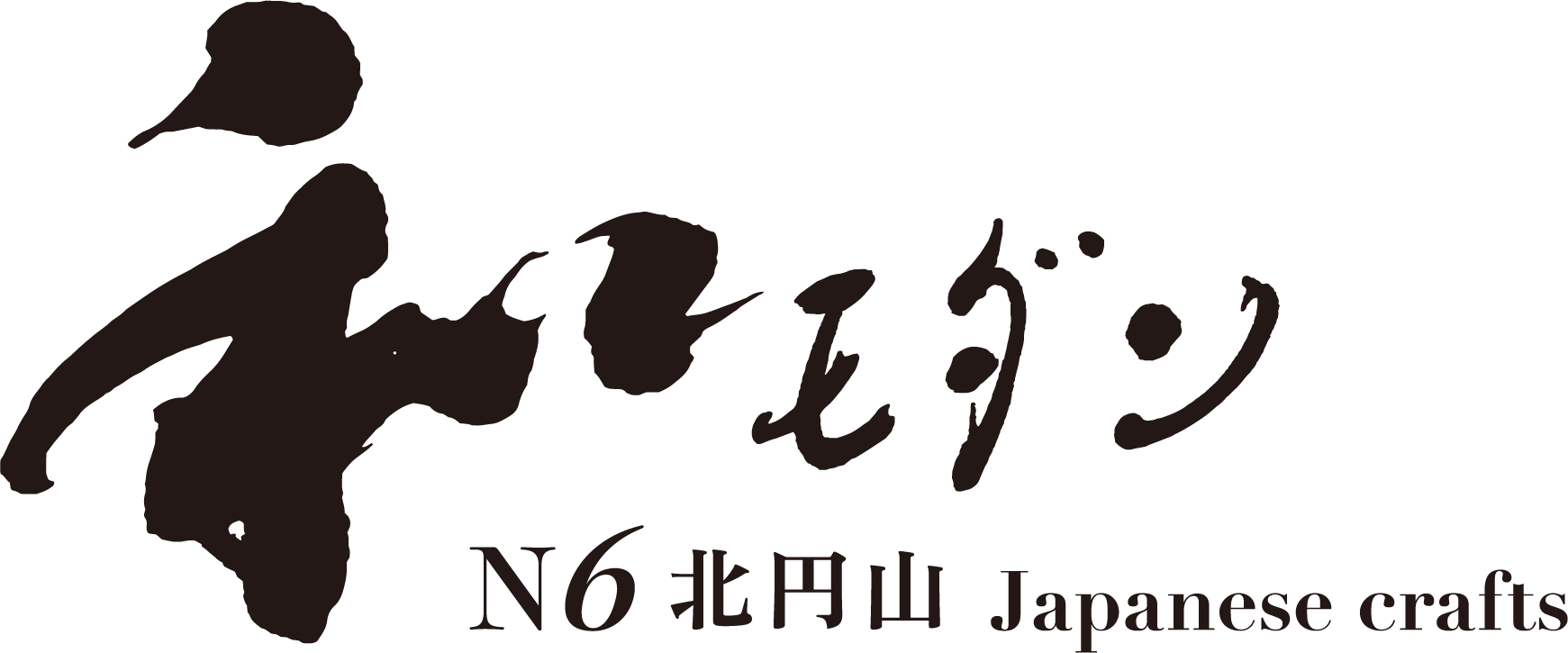

Otaru Kiriko Old Glass Miyabi
Passionate and bold cut glass that gives a different impression from any angle When you think of Kiriko, you think of Edo Kiriko and Satsuma Kiriko. But Otaru Kiriko, born in Otaru, is changing that image. The main feature of Otaru Kiriko is that it uses two-colored glass, amber colored glass overlaid with vivid colored glass. To highlight the contrast between the two colors, the edges are hand-polished to create a smooth finish, and the amber glass shines from the overlaid colored glass, creating a unique beauty. After cutting, the glass is finished with a fire polish that gives it a shine by burning it with a burner, and we are particular about expressing the skill and beauty that other cut glass does not have. "Miyabi" is the first design that made the name of Otaru Kiriko known to the world. It features bold cuts that are entangled with the traditional chrysanthemum-connected pattern. Combined with the color of the amber glass at the bottom, it looks like a passionate flame. The irregular cuts create a unique charm of this glass, which gives a different impression from any angle. The heavy old glass is a masterpiece that allows you to enjoy the sparkle of Otaru Kiriko slowly while sipping your drink. Please take note of the color variations that you will not be able to take your eyes off of, as each glass has a sparkle that you will want to stare at forever.
 Otaru Kiriko Old Glass Miyabi
33,000円
/
Otaru Kiriko Old Glass Miyabi
33,000円
/

当店ではお客様の決済情報を安全に処理しています。クレジットカード情報を保存したり、当店がアクセスすることはありませんのでご安心ください。
商品詳細
| 生産地 | |
|---|---|
| 仕様 | |
| 使用上のご注意 |
<通常商品>
北海道|1,000円
東北、関東、信越、北陸、中部、関西|1,500円
中国、四国、九州|2,000円
沖縄|3,500円
<ドライ盆栽>
北海道|1300円
東北、関東、信越、北陸、中部、関西|1,800円
中国、四国、九州|2,000円
沖縄|5,300円
銀行振込、クレジットカード決済に対応しております。



